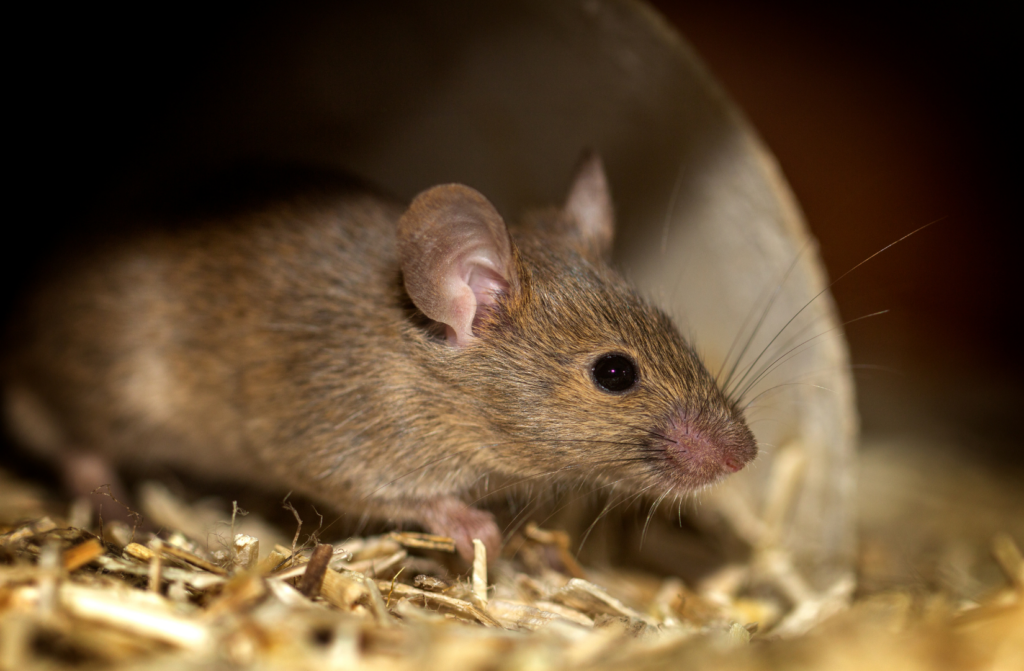Rodenticide restrictions made permanent in B.C. starting today

For too long, poisons have been the default strategy to manage rodent problems – but thankfully, both the risks of poisons and effectiveness of alternatives are being increasingly recognized. After an 18-month temporary restriction period, the provincial government has rolled out permanent changes to rodenticide regulations.
Second-Generation anticoagulant rodenticides (SGARs) are now banned for sale and use in residential (PDF) and non-essential commercial (PDF) settings in B.C. Exemptions are allowed for designated essential services and agricultural operators.
The new rules:
- ban the sale and use of second-generation anticoagulant rodenticides (SGARs) in residential and non-essential commercial settings
- increase government oversight and require companies to track their rodenticide use
- require essential services to use an Integrated Pest Management (IPM) approach for rodent control
- increase training and education on rodenticides for essential services
Gaps in the regulations
This policy change is a big step forward for animal welfare – protecting wildlife from exposure to the most dangerous rodenticides, while promoting more effective and humane methods of pest control.
Unfortunately, there are still a few gaps in these regulations.
First-generation anticoagulant rodenticides (FGARs) like warfarin, chlorophacinone, and diphacinone are still legal for use. These products are an older, slower-acting, and less potent product compared to SGARs – but rodents still suffer the same effects. Rodents can also develop resistance to these products. Certain non-anticoagulant rodenticides such as bromethalin, which are generally neurotoxins, also remain legal for use.

How you can help
Given these exceptions, there is still a need to focus on prevention using humane approaches to rodent management, and you can help:
- Hire an AnimalKind company, or ask your pest control company to follow AnimalKind standards (PDF)
- Learn more about humane rodent control and how to rodent-proof your home
- Read BC SPCA best practices for mice and rats (PDF)
- Share BC SPCA resources for municipal policy changes with your local council
Thanks to people like you, these recent changes were possible. It is clear now that rodenticides can no longer be the default control option, and we hope you’ll join us in continuing to push for improvements in your community.